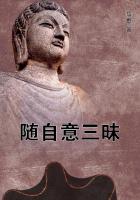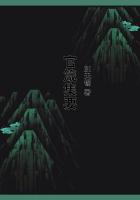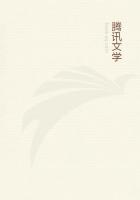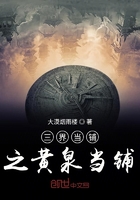They proceed partly by misrepresentation of the kind of ignorance which, as a matter of fact, actually leads to failure in the examinations. They quote with emphasis the most recondite questions* which can be shown to have been ever asked, and make it appear as if unexceptionable answers to all these were made the sine qua non of success. Yet it has been repeated to satiety that such questions are not put because it is expected of every one that he should answer them, but in order that whoever is able to do so may have the means of proving and availing himself of that portion of his knowledge. It is not as a ground of rejection, but as an additional means of success, that this opportunity is given. We are then asked whether the kind of knowledge supposed in this, that, or the other question is calculated to be of any use to the candidate after he has attained his object. People differ greatly in opinion as to what knowledge is useful. There are persons in existence, and a late Foreign Secretary of State is one of them, who think English spelling a useless accomplishment in a diplomatic attache, or a clerk in a government office. About one thing the objectors seem to be unanimous, that general mental cultivation is not useful in these employments, whatever else may be so. If, however (as I presume to think), it is useful, or if any education at all is useful, it must be tested by the tests most likely to show whether the candidate possesses it or not.
To ascertain whether he has been well educated, he must be interrogated in the things which he is likely to know if he has been well educated, even though not directly pertinent to the work to which he is to be appointed. Will those who object to his being questioned in classics and mathematics, in a country where the only things regularly taught are classics and mathematics, tell us what they would have him questioned in? There seems, however, to be equal objection to examining him in these, and to examining him in anything but these. If the Commissioners- anxious to open a door of admission to those who have not gone through the routine of a grammar school, or who make up for the smallness of their knowledge of what is there taught by greater knowledge of something else- allow marks to be gained by proficiency in any other subject of real utility, they are reproached for that too. Nothing will satisfy the objectors but free admission of total ignorance.
* Not always, however, the most recondite; for a late denouncer of competitive examination in the House of Commons had the *****te to produce a set of almost elementary questions in algebra, history, and geography, as a proof of the exorbitant amount of high scientific attainment which the Commissioners were so wild as to exact.

